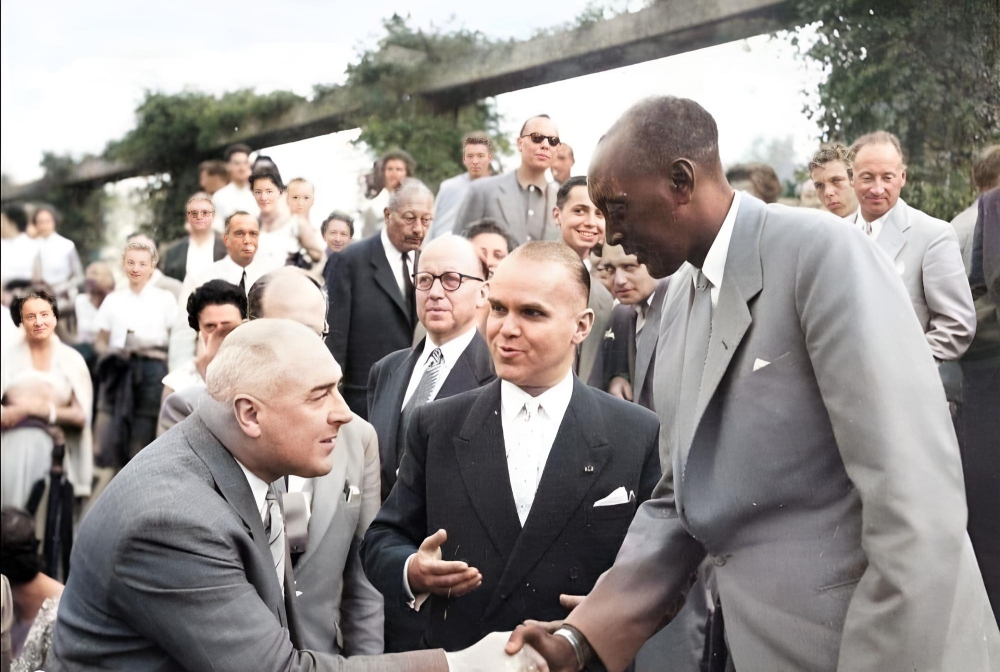The government of Rwanda, under President Paul Kagame, surprised many with its businesslike approach to governance. Indeed just a year ago a book was written with a title that had been all too familiar to Rwandan citizens and residents, ‘Rwanda Inc’.


The government of Rwanda, under President Paul Kagame, surprised many with its businesslike approach to governance. Indeed just a year ago a book was written with a title that had been all too familiar to Rwandan citizens and residents, ‘Rwanda Inc’. This had been the nickname we had given the President and his cabinet.That being that, it is thus only logical to deduce that there are lessons that businesses can learn from the Government of Rwanda. There are many really; vision, focus, efficiency and organisation among others. But the one that is most interesting is the inclusiveness of Rwanda’s approach to a lot of things that they do.If we begin with the fact that ‘government’ is derived from ‘govern’, which is the act of running or managing, then everything is fairly straightforward. Governance is crucial to success of a business organisation or a country. So crucial is inclusiveness that over 80 per cent of wars would not have started in the first place if there was inclusion of the combatant parties in the affairs that caused the wars in the first place. In business, it has caused many a business corporation or country to do well and grow or fail and die.In Rwanda it starts with a simple Umuganda (communal work) every last Saturday of the month. We clean up our imidugudu (villages) and cut long grass in public areas and stuff like that. We conclude by listening to each other on matters affecting our neighbourhood (this could explain the secure environment). At the national level, there is the annual national dialogue and, of course, the regular news briefings from the government. The effect of all these is that the citizens are part of and aware of what goes on in the country. May be this is why Rwandans are so patriotic. Can this be useful in business? There are a lot of benefits you derive from including everyone in decision making. For starters, it leads to improved problem solving within the business. At worst, the people who have grievances will have a channel for not only venting their frustrations. This initial move alone leads to higher morale and job satisfaction. The employees, or citizens will feel part of the business, rather, the business will feel like family. In the workplace, this is called higher job satisfaction.Higher job satisfaction is important, it not only leads to higher productivity as well as increased creativity and innovation, but also leads to lower employee turnover. This is a good thing in business for profit. This also ensures that you keep your best people and you hire less. Not only does hiring less help you save money (severance pay, recruitment costs, et al), it also enables your employees to be better at what they do. Thus, you will improve the quality of personnel through better recruitment and retention. This is because when you hire you will be able to hire the very best as it won’t be as a result of some knee-jerk, stop-gap measure. Thus inclusiveness increases organisational flexibility and ability to learn from people at all levels. Most businesses face legal challenges because of a lack of inclusiveness. Likewise, a lot of governments would also do well to include their citizens in decision making. It is a matter of self preservation really. To sleep better at night, you want to ensure that you reduce, as much as humanly possible, the disgruntled souls baying for your blood.The same story applies to governments. The substance of governance is pretty much the same. They only differ in form. Where businesses have employees, governments have citizens. Let’s face it, no one person nor group of people are so smart that they will out think the rest every time, all the time. At best , as reggea great Peter Tosh would put it, you can fool some people some time, but not all the people all the time. The great American writer Max Erhmann aptly advises in his famous prose poetry, Desiderata, "...speak your truth quietly and clearly; and listen to others, even the dull and ignorant; they too have their story...” Abraham Lincoln would say that when you turn your enemies into friends; you are destroying and wiping out your enemies. I say you are indeed decimating enmity itself. Inclusiveness is a simple matter with complicated repercussions. It can be reduced to one word which represents something everyone wants; RESPECT.The writer is a commentator based in Kigali.




